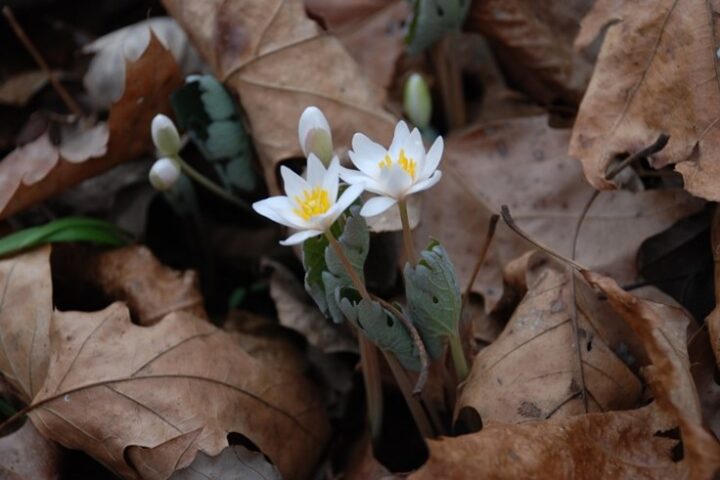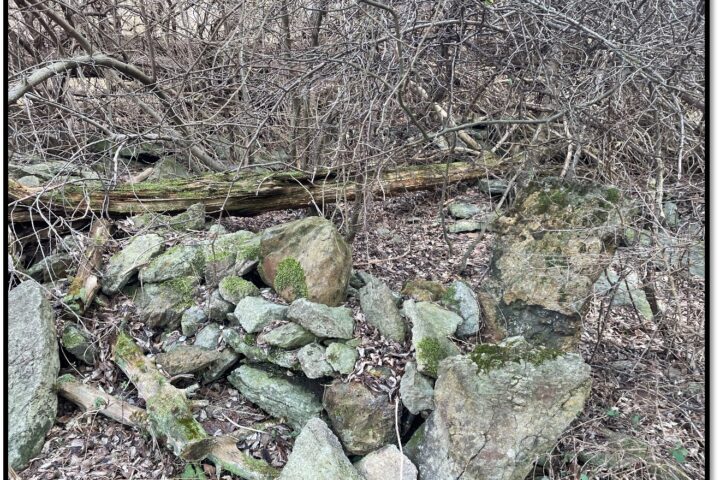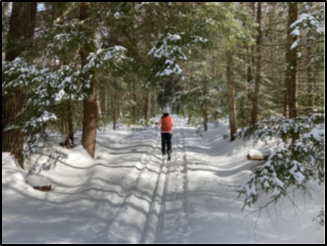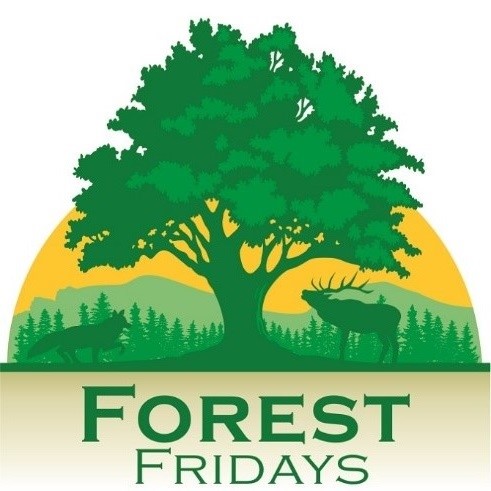
by Chris Firestone
There was a time when few women had careers in science. Despite this fact, botany was a science that women played an important role in popularizing. Their collections, illustrations, documentation of field observations, and gardening all advanced botanical knowledge, even though their work was thought of as amateur. Times have certainly changed.
As a botanist in the PA DCNR Bureau of Forestry, I work with outstanding female scientists. In addition to my current colleagues, there are other women botanists who inspired me and served as role models.
My college ecology classes introduced me to the work of Lucy Braun, an ecologist, plant taxonomist, and forest expert who wrote “Deciduous Forests of Eastern North America”. Her sister and entomologist, Annette Braun, accompanied her on travels through North America collecting information that was compiled into the first map of deciduous forest regions in eastern North America.
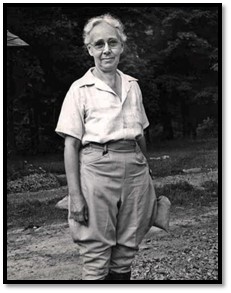
Dr. E. Lucy Braun during field research (date unknown), courtesy, University of Cincinnati.
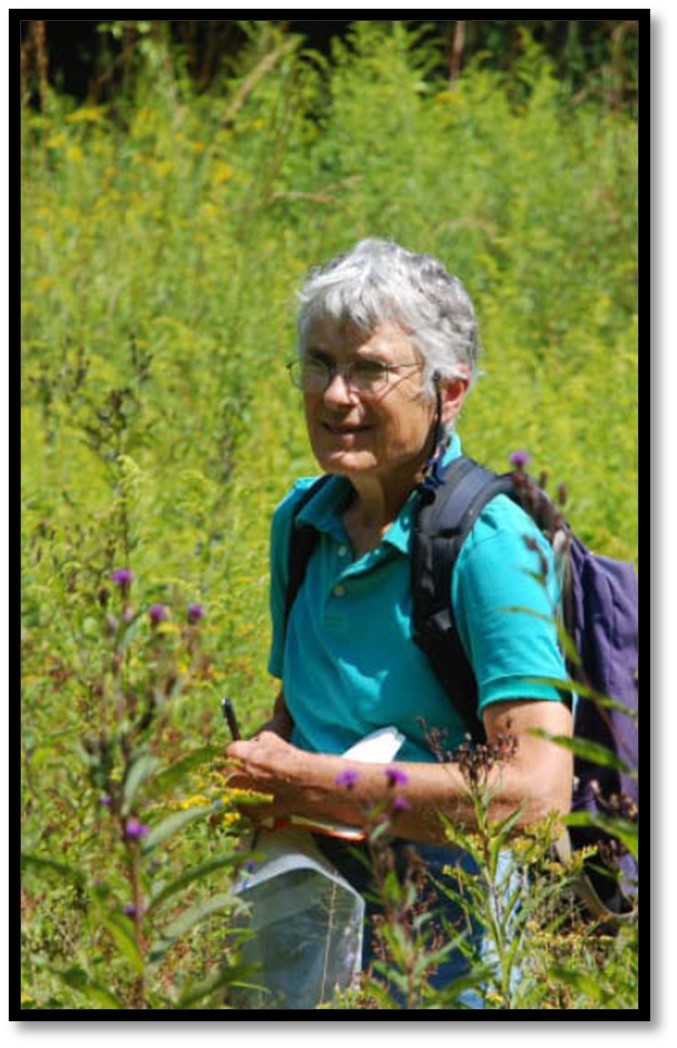
Dr. Ann Fowler Rhoads
Early in my career, I had the pleasure of working with Ann Rhoads, botanist at the Morris Arboretum. She began there in 1976 after graduating from Rutgers at a time when women were uncommon in the sciences. Anne retired in 2014 after 38 years collecting plants, resulting in 14,000 herbarium specimens, several books, and many awards. Her work contributed immensely to our knowledge of plant species and distributions in Pennsylvania.
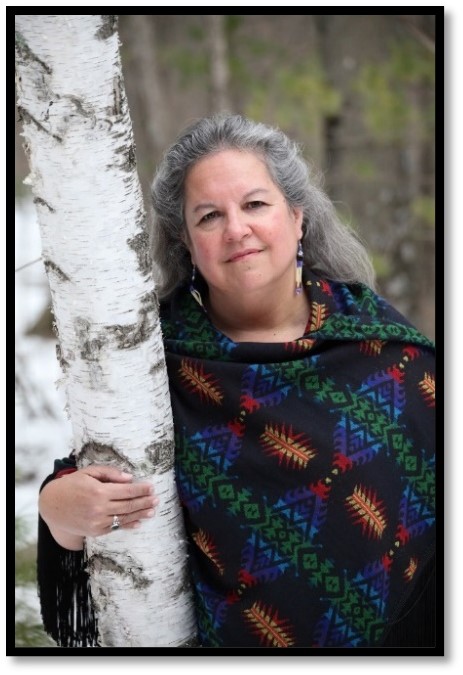
Dr. Robin Wall Kimmerer
Many years ago I read “Braiding Sweetgrass” by Robin Wall Kimmerer, a mother, professor, scientist, and enrolled member of the Citizen Potawatomi Nation. Her message of melding science and traditional ecological knowledge by listening to earth’s oldest teacher among us–the plants, to help aid conservation efforts and restoration, is meaningful to me. Gathering and understanding new perspectives strengthens our knowledge of plant conservation.
I became aware of Tanisha Williams when she established Black Botanist Week in 2020 to highlight the work, to encourage, and find more black people who like plants. The programs offered during this designated week are inspiring. Tanisha’s love of protecting biodiversity brought her to Bucknell University for her post doctorate research, where she worked on four plant species listed as endangered or threatened in Pennsylvania. Her findings have helped us to learn more about the plants and their genetics, which will help protect the few populations of those species remaining in Pennsylvania.
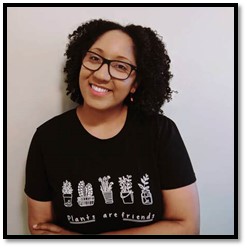
Dr. Tanisha Williams
These women botanists have influenced, motivated, and inspired me. In researching this piece, I learned of many inspiring female botanists who centuries before broke social norms to pursue their passion for plant science. I am extremely excited to see how the next generation of women botanists will contribute to plant conservation science.
Forest Fridays are published weekly by the Pennsylvania Department of Conservation and Resources’ Bureau of Forestry.


